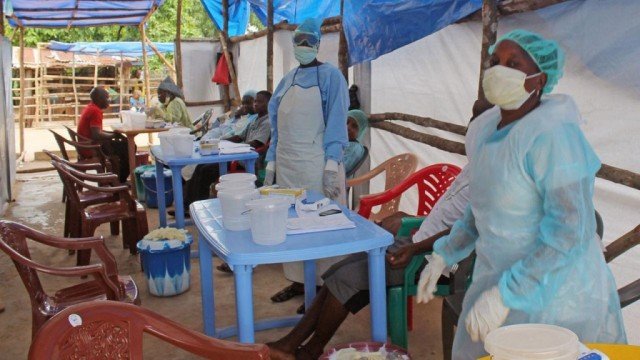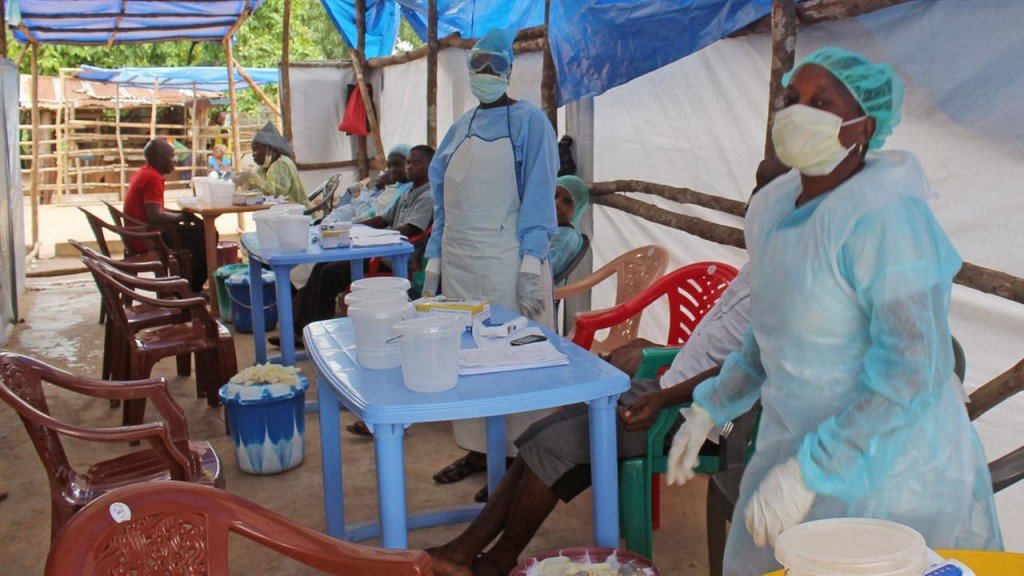Emory University Hospital in Atlanta is preparing to receive a US aid worker infected with the deadly Ebola virus in West Africa.
The unnamed patient will be flown to the US in the next few days for treatment at a high-security ward at Emory University Hospital, medics said.
The worst Ebola outbreak in history has swept through the region, killing 729 people.
A spokeswoman for the Centers for Disease Control and Prevention (CDC) said her agency was working on the transfer with the US State Department.
Barbara Reynolds said she was not aware of any Ebola patient ever being treated in the US before.

In a statement, the Atlanta hospital said it has an isolation unit which is specially equipped to deal with this kind of infection.
On Friday, the head of the World Health Organization (WHO) and leaders of West African nations affected by the Ebola outbreak are expected to announce a joint $100 million response plan.
Sierra Leone’s president has declared a public health emergency over the outbreak after 233 people died there.
Ebola spreads through human contact with a sufferer’s bodily fluids.
Initial flu-like symptoms can lead to external hemorrhaging from areas like eyes and gums, and internal bleeding which can lead to organ failure. It kills up to 90% of those infected.
The US health authorities have warned against travelling to Guinea, Liberia and Sierra Leone as they strive to tackle the Ebola outbreak, and 50 extra American specialists are being sent to affected areas.
American Dr. Kent Brantly with Ebola in Liberia has taken a “slight turn for the worse”, the Samaritan’s Purse aid agency said on Thursday.
Kent Brantly and another American worker, Nancy Writebol, “are in a stable but grave condition”, the agency said in a statement.
The statement said that Dr. Kent Brantly had been offered experimental serum – using blood from a child whose life he saved – but he had insisted that Nancy Writebol should receive it instead.
Meanwhile, the National Institutes of Health in the US has said it will begin testing a possible vaccine in September.
[youtube rTUcxTgkpQc 650]
